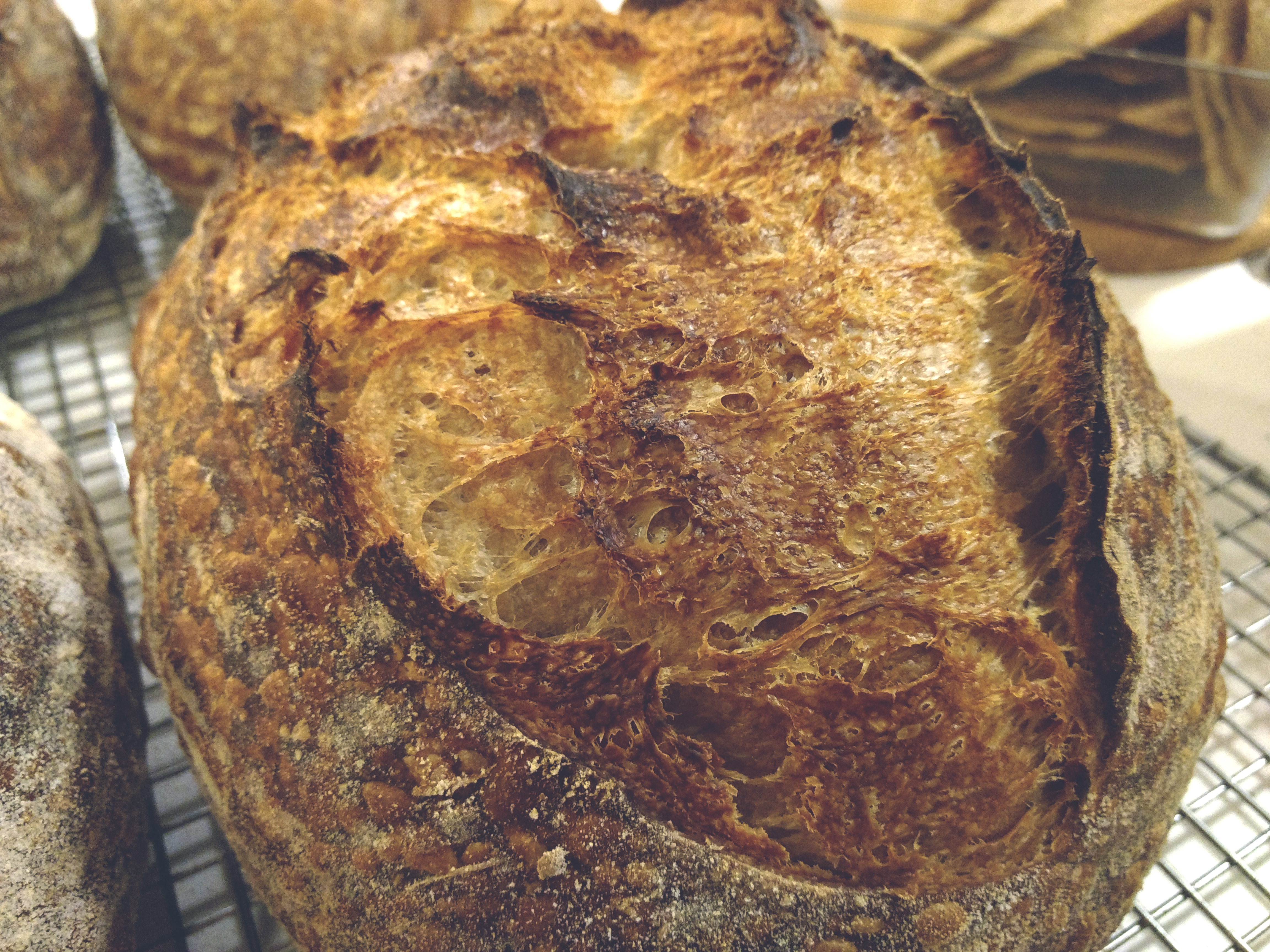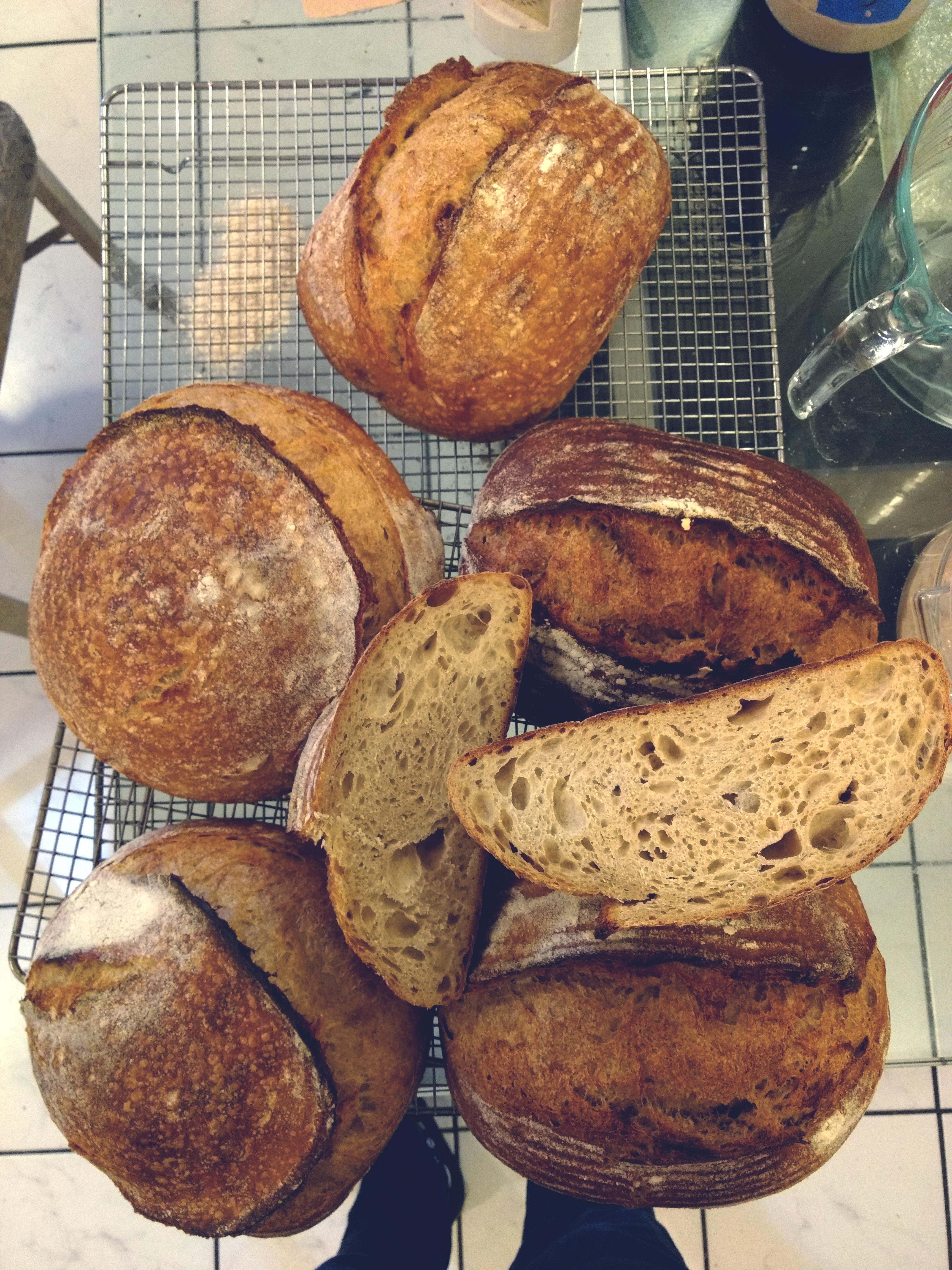
My mother has always said that cooking is an art but baking is a science – she always taught me that you should stick to the recipe when baking or else suffer unknown consequences. She’s not entirely wrong but since spending more time learning about bread I disagree with her notion that the recipe should be regarded as Ultimate Truth.
I would argue that bread baking in particular is art just as much as cooking if you can understand the logic that governs it. It’s a simple thing to make continuous tweaks to a dish on the stove as you’re cooking it or to throw an undercooked steak back on the heat, but making bread has an element of finality to the steps where miscalculations cannot be remedied. This is further compounded by the fact that stages take hours each, slowing the ability to refine and reiterate.
I don’t intend to write a complete guide when many others have covered it far better than I could. These are some quick thoughts from someone who still isn’t an expert but has been able to improve significantly in a short period of time.
Learn Basics
Chad Robertson’s Tartine and Ken Forkish’s Flour Water Salt Yeast are both excellent in their own ways while covering a lot of the same topics. For my climate I’ve found Robertson’s timings to be a little more in line with what I do. I’ve seen discussion that because Forkish is in the Pacific Northwest a lot of his methodology makes more sense in cooler kitchens. Both apply and if you can read both you will find them helpful to study together. If I had to pick one, it’d be Tartine. Follow their instructions until you know enough to diverge with purpose.
Chill Out
It’s okay to make bad bread if you can learn something from it. It’s still delicious even if the crumb is too tight or the boule ended up more like a batard. Iterating more quickly is better than spending too much time on one batch that you’ve already mangled. Take it to completion and use it as a data point.
Tools aren’t everything, but they help
You can make good bread without any special tools but a few key things will help you make excellent bread. I won’t double back into material well-covered by both authors mentioned above but it is worth pointing out that the use of a dutch oven in lieu of a commercial steam oven is the most crucial technique that is absent in lesser homemade sourdoughs.
Fully commit to bakers’ percentages
It’s a smart system and the sooner you mold your mental prototype of a recipe around proportions instead of absolute values the better off you’ll be.
Use the metric system
This is my opinion for life in general and especially in the specific case of needing to measure ingredients – you really need to work in a system where finding 73% hydration doesn’t involve ridiculous conversions from pounds and ounces.
Give bread away
People love bread. If you can give the gift of bread it’s a lot easier to work through the learning process without being burdened by staling loaves sitting around.
